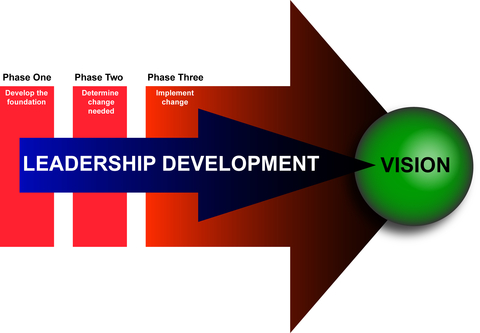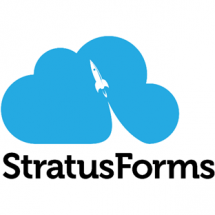User Adoption sessions at user groups and SharePoint events have never been appealing to me. The whole concept of user adoption feels like a way of doing whatever it takes to convince users to adopt a new technology. Beg, borrow, plead…. Management, IT Pros, and trainers, all concerned about why “no one is using SharePoint” or whatever technology you happen to be implementing, but for all the user adoption material printed at this point – why isn’t it resonating better with the masses? Why, after two solid releases of SharePoint (2010, 2013) are we still trying to convince users that it’s useful?
User adoption happens to be the primary problem with SharePoint in a lot of organizations. I’ve seen plenty of good solid implementations goes unused at small companies all the way up through Fortune 500. User after user is unhappy with their content management systems, their intranets, and the other 15 miscellaneous communication systems (with 10 separate logins) they’ve been expected to learn during their employment at a company. Management is frustrated they’ve made an investment that no one is using effectively. Things become desperate and it’s either abandoned or the analytics discussion comes up – we’ll figure out who’s not using it and single them out! We’ll force them to use it! Why aren’t we all just digging in and using all of these fancy systems we have to the best of their ability?
The problem is that it’s not just about user adoption. It’s not just about teaching someone how to use a system to do their job. The organizations experiencing massive success in technology adoption right now have something else. They have Organization Development leadership.
Formally, Organization Development is an ongoing, systematic process of implementing effective organizational change. (reference: Wikipedia) The adoption of new technology isn’t just about using new systems but it’s also about abandoning an employees’ comfort zone in an effort to improve a process that defines a user’s job. That user’s role in the organization has a chain effect and therefore not only is it important to have user adoption for a system within a small group or department, but it’s important that the whole organization aligns itself to receive those changes and make changes as well. A stellar marketing department which has adopted SharePoint to streamline its content production and generates massive sales opportunities, is only helpful if the sales team is streamlined in order to take care of that increase. Organization development is about taking the culture of an organization and moving it forward together. OD leadership is the identification of an individual or team with the influence to do so.
The idea behind organization development is to find a systematic way of developing a strategy intended to change the basics of beliefs, attitudes and relevance of values, and structure of the current organization to better absorb disruptive technologies, shrinking or exploding market opportunities and ensuing challenges and chaos (Reference: Wikipedia). This means that in order for change to be effective, you not only have to get the user to use the system, but believe it will work, understand the value, and change their attitude about it. This does not take a massive overarching plan to rework the organization. It may even start with one small successful project which sets off a chain reaction for more.
In terms of information technology and content management systems, collaboration systems, and social systems, we need to think about changing the culture of how an organization goes about their jobs and what systems they use to get their work done. An OD leader does not implement training or change, but rather understands the behavior behind what it would take to get the change to happen. This behavior is different for different organizations and its why a user adoption method may work in one organization but not another. You don’t have to be an expert to implement organization development, but if you find that your organization is struggling to adopt SharePoint, it may be time to consider some additional assistance from someone who has experience in this area.















